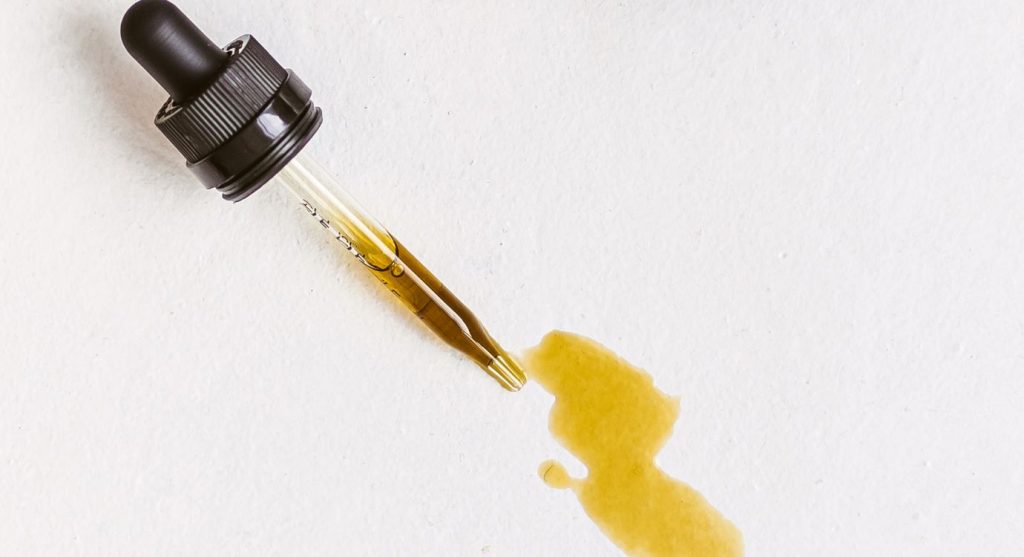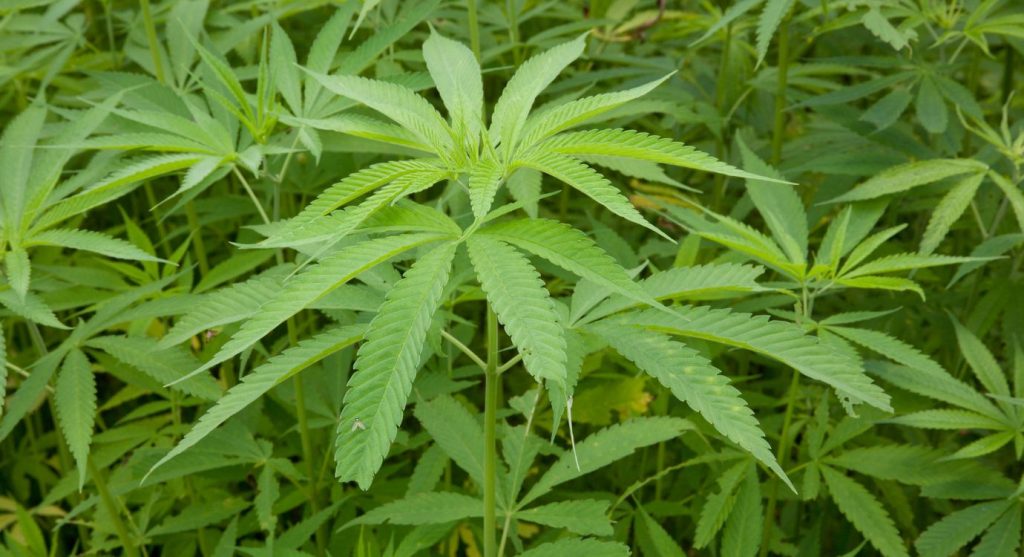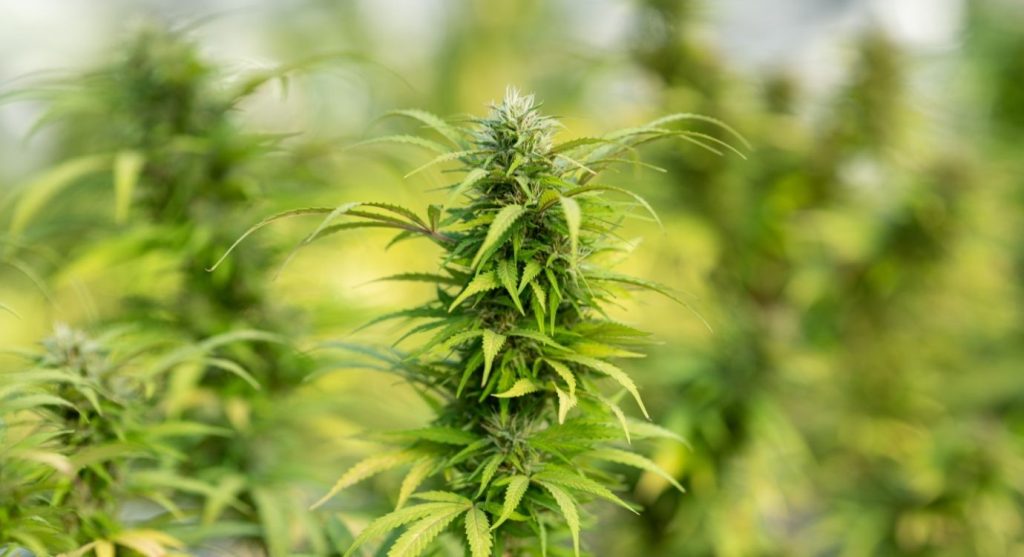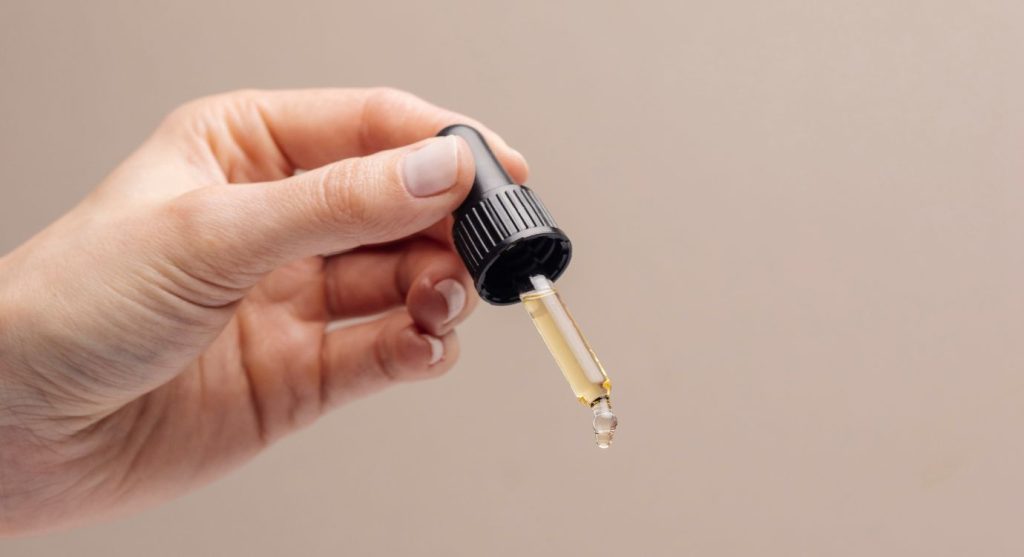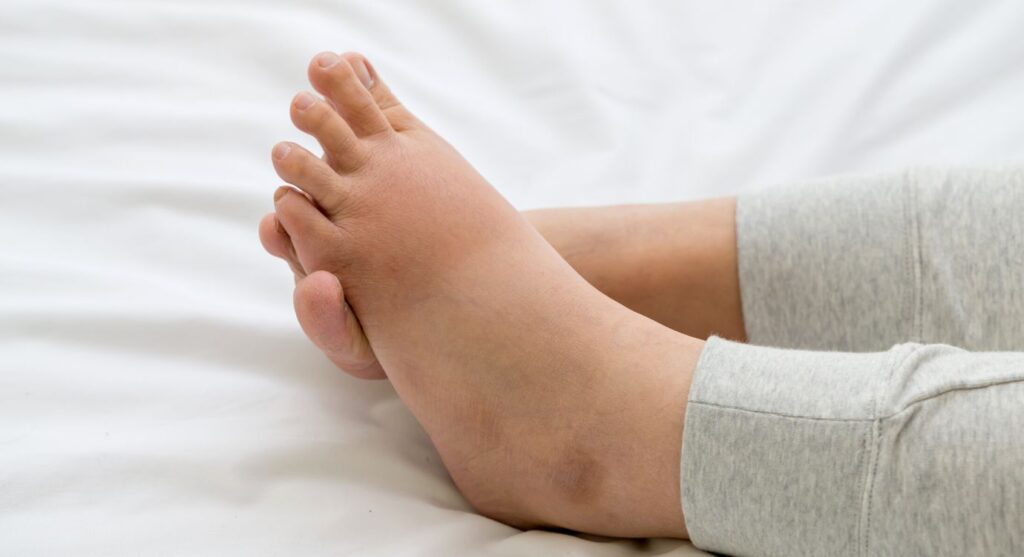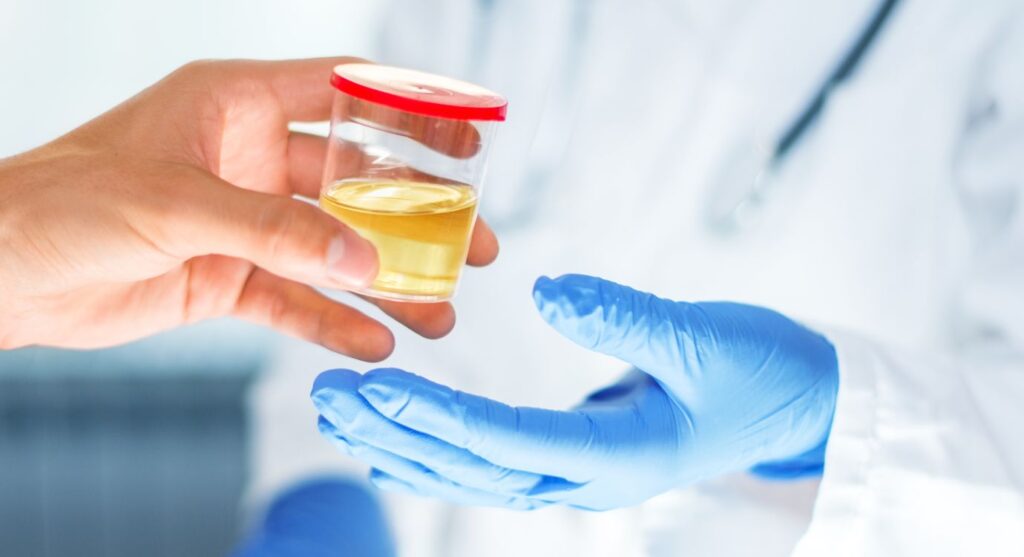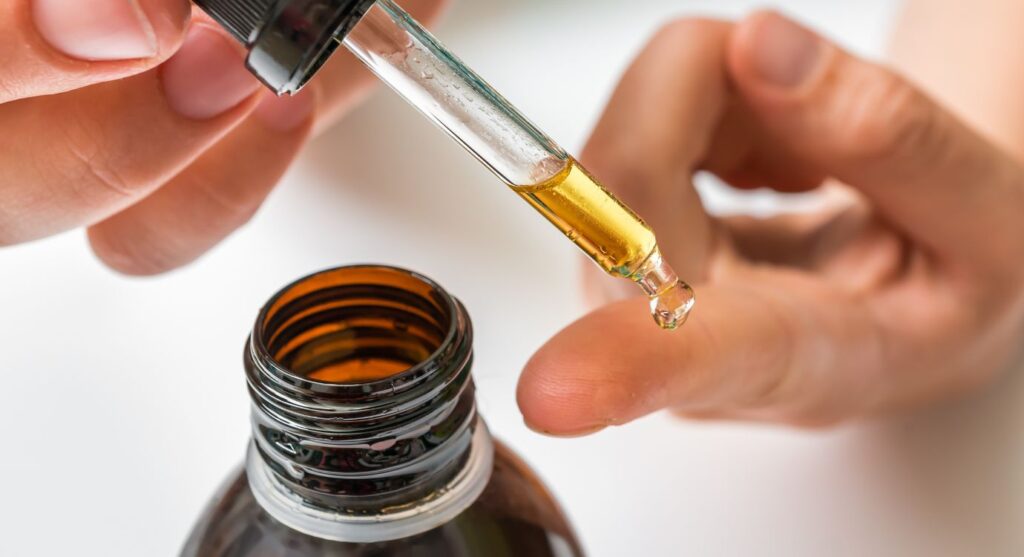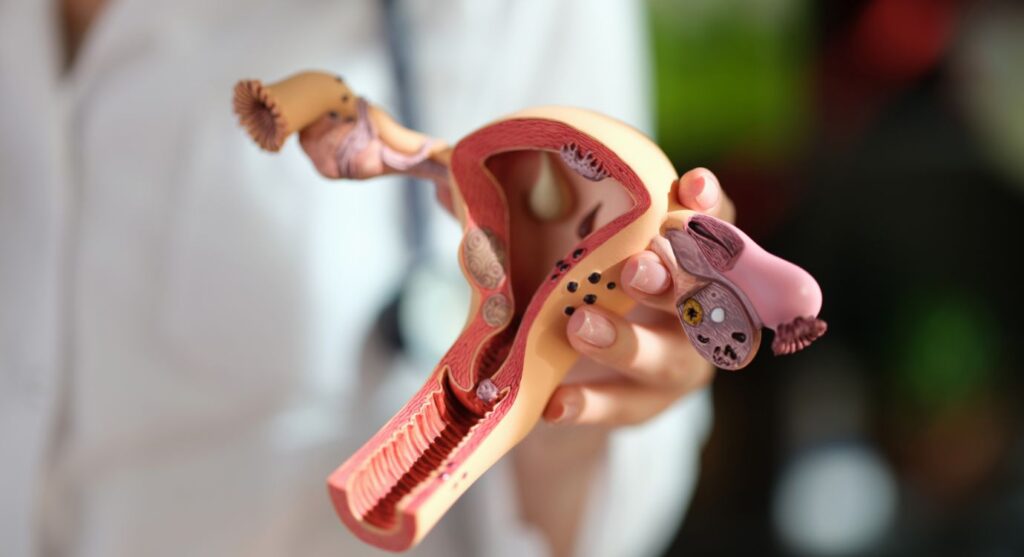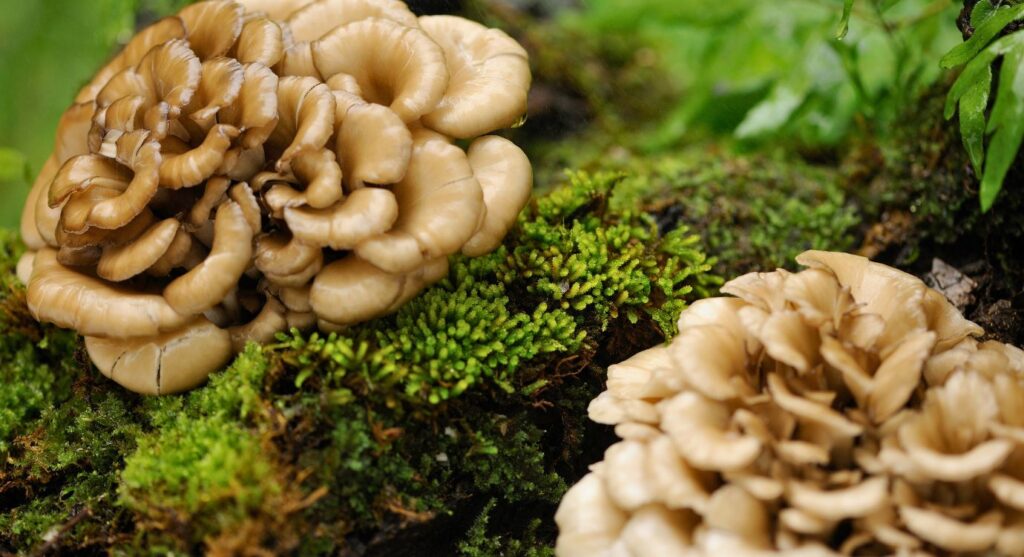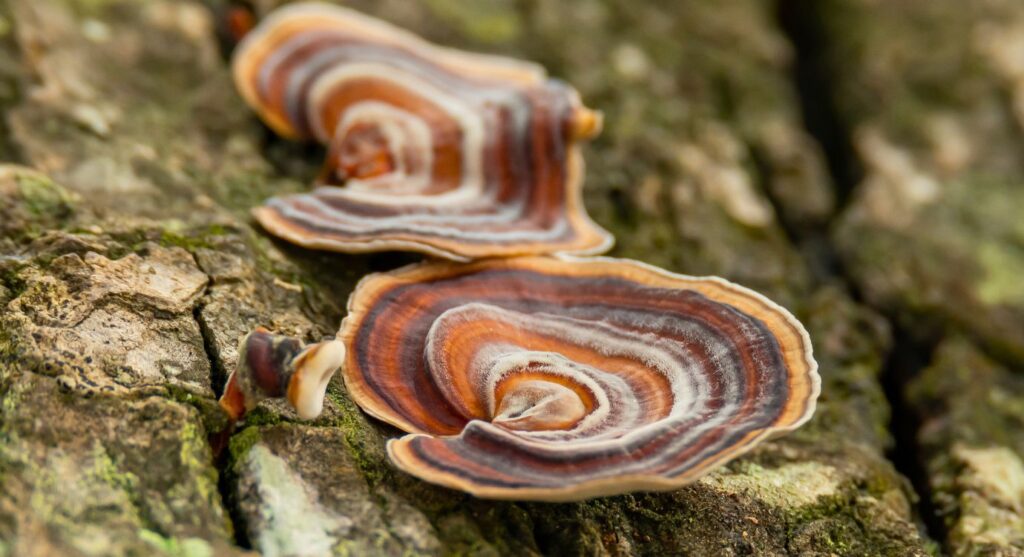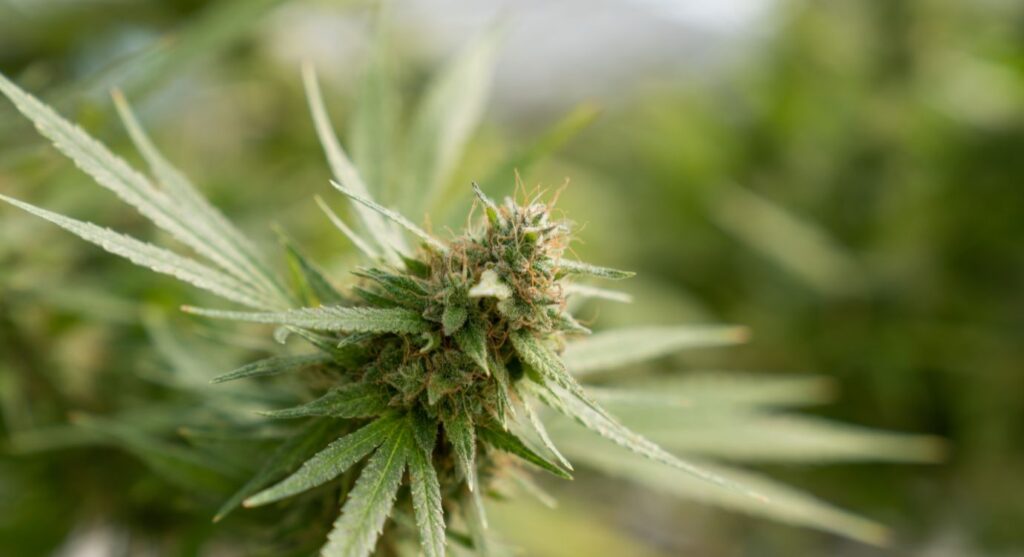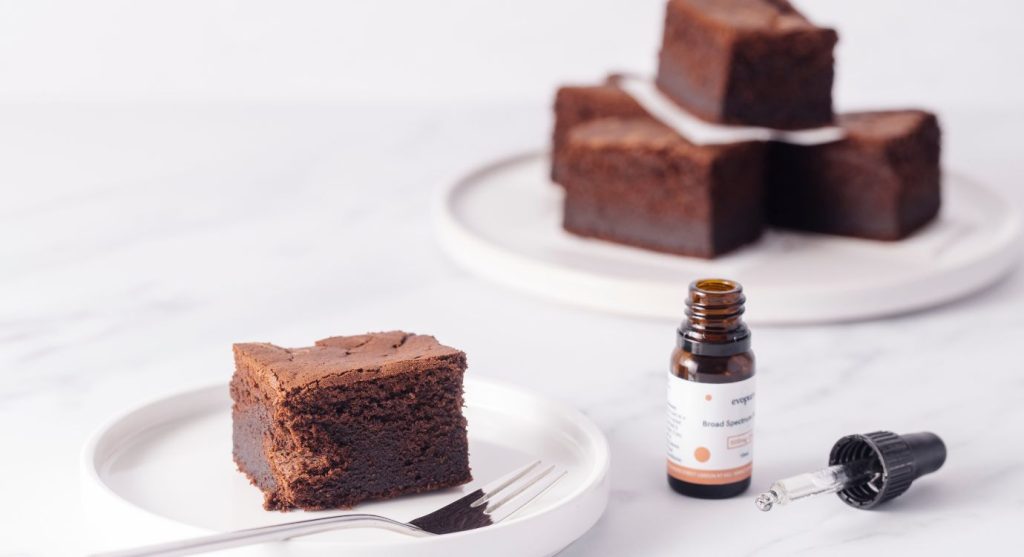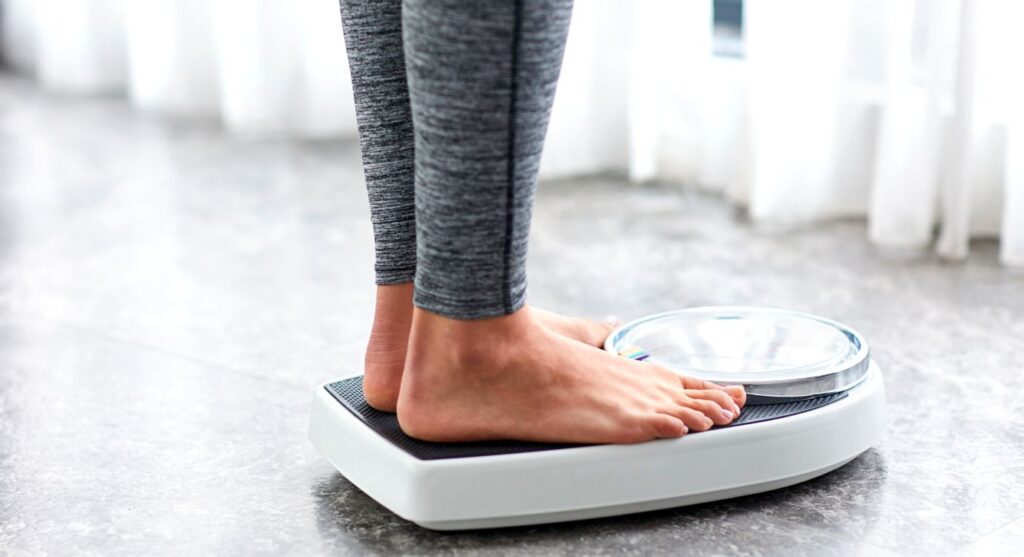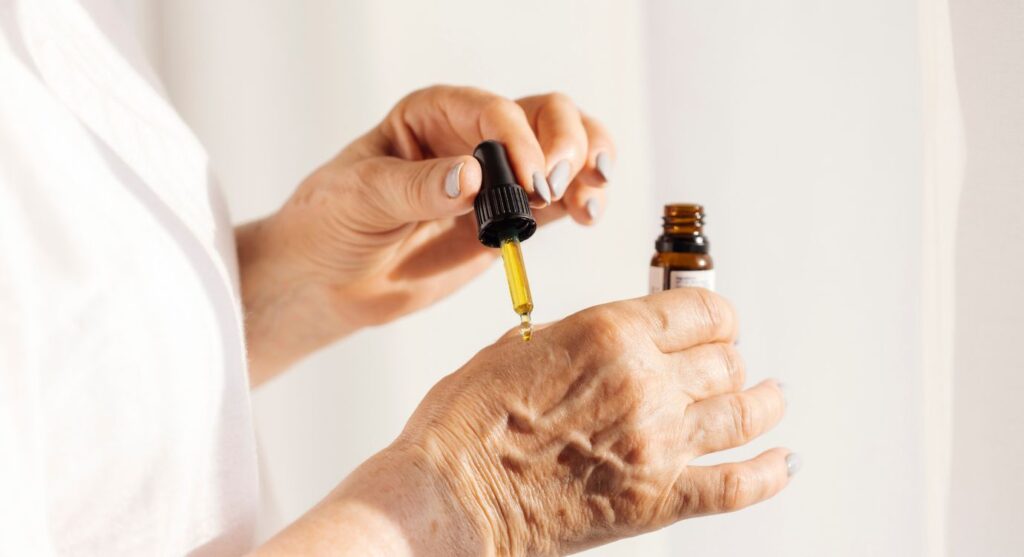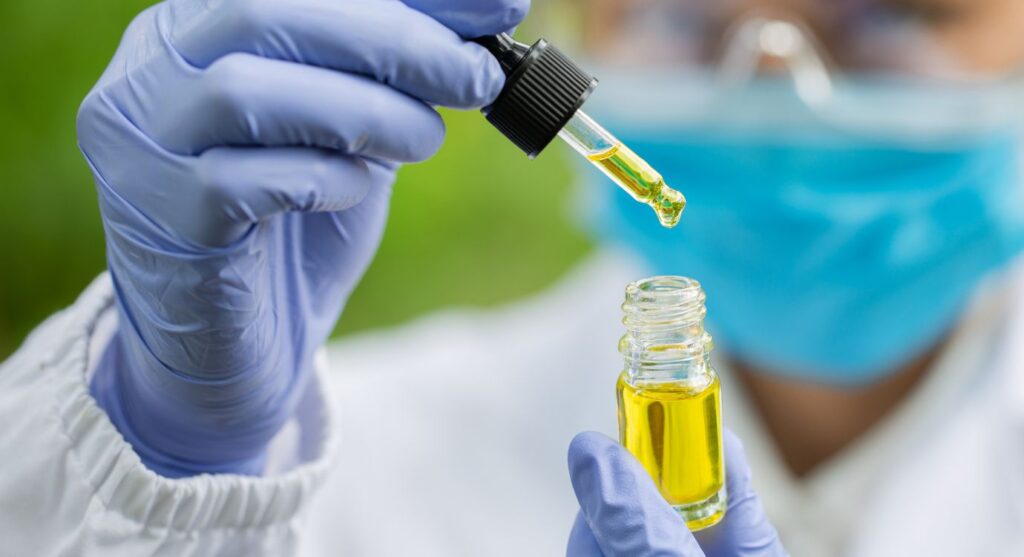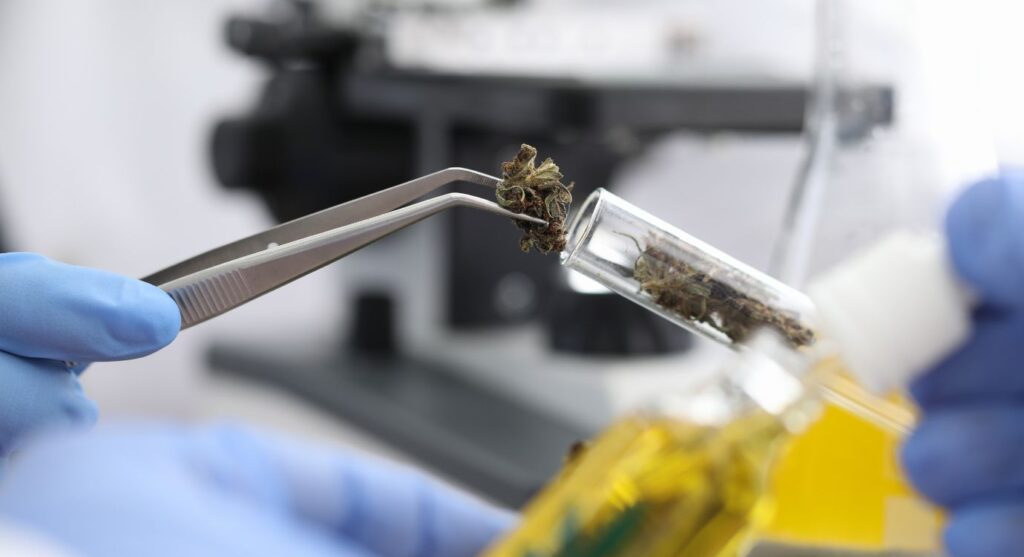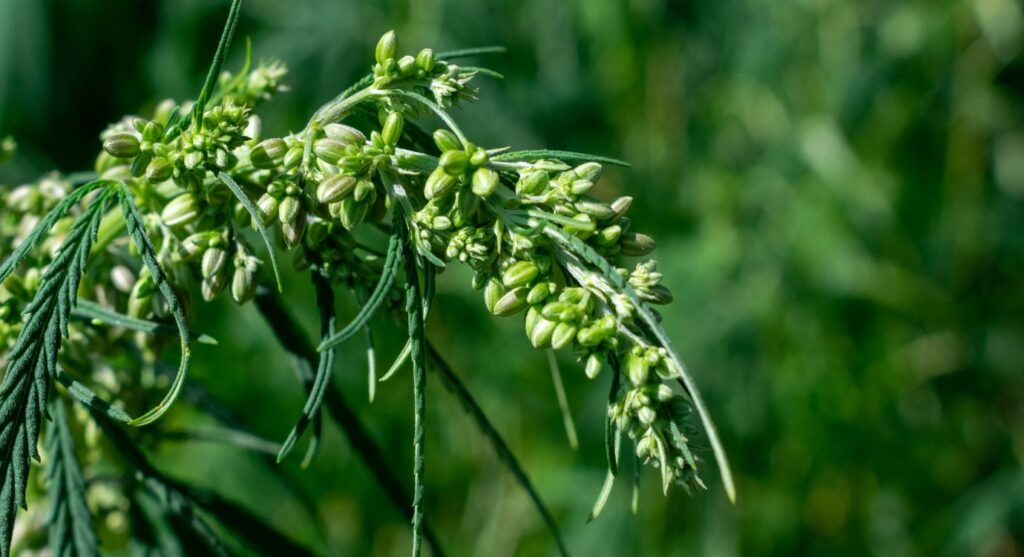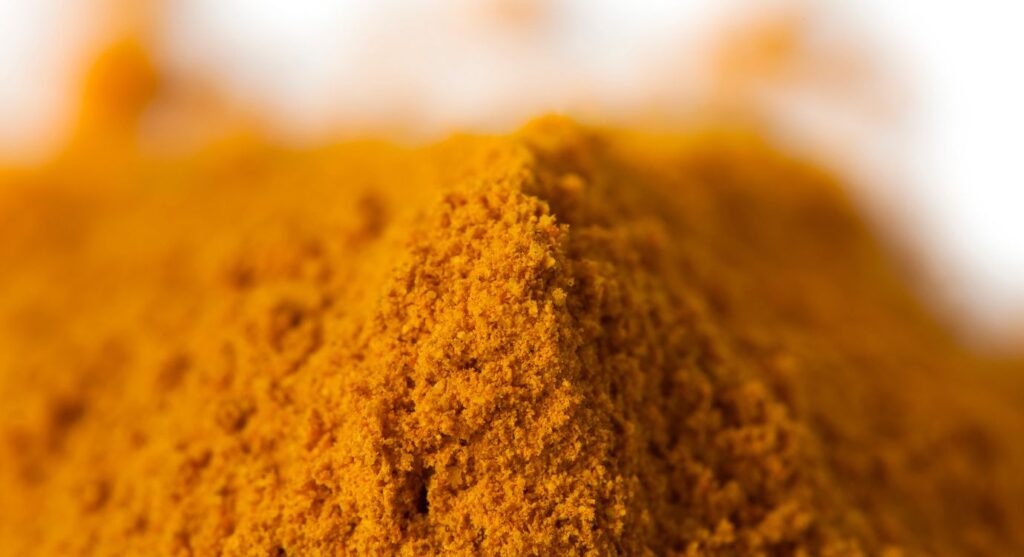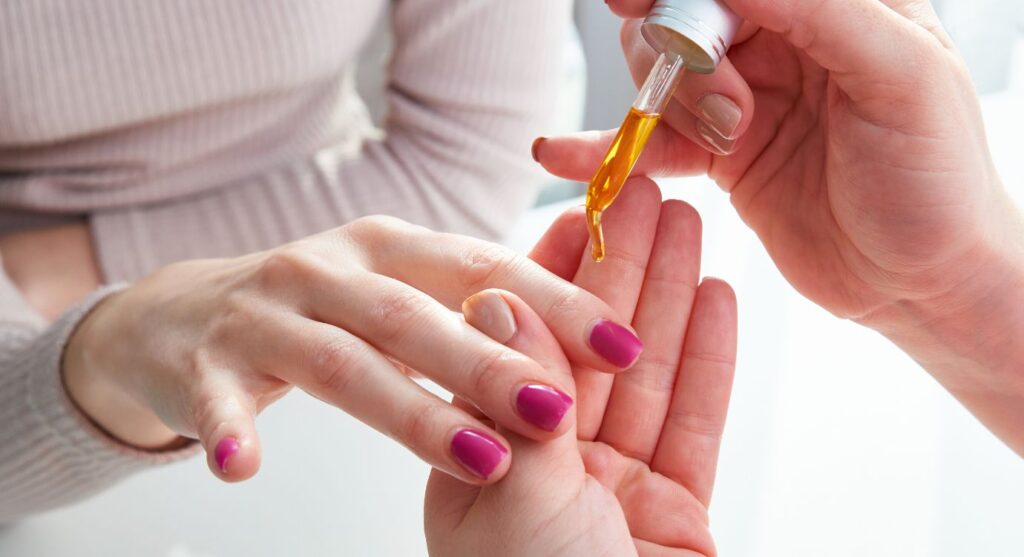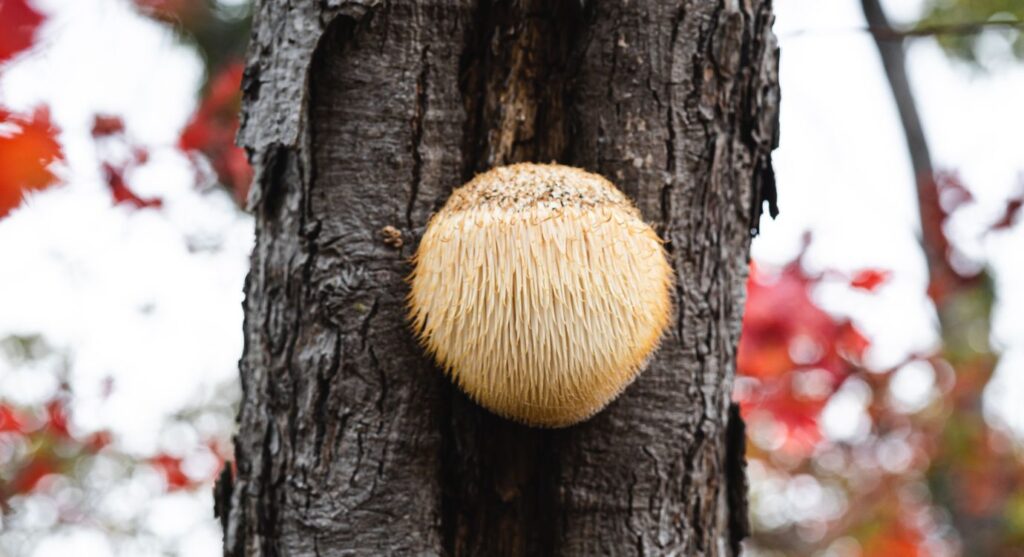Parkinson’s disease is one of the fastest-growing neurological conditions in the world.
Around one in 37 people alive in the UK today will be diagnosed with Parkinson’s at some point in their lifetime.
The concept of using CBD oil for Parkinson’s disease is not a new one, but more research is (as ever) needed until we can determine whether this is a safe and effective treatment option.
In the meantime, those living with the condition may be curious to know how CBD oil can be used to enhance wellness, and help people cope with their symptoms.
Well, stick with us as we take a look at the following:
- Is CBD oil good for Parkinson’s Disease?
- Which CBD oil is best for Parkinson’s?
- How to use CBD for Parkinson
In this guide:
What is Parkinson’s Disease?
Parkinson’s disease affects the nervous system. It is a progressive disease, which means that it gets worse as time goes by.
Parkinson’s disease is caused by neurons in the brain which break down and die. We don’t yet know what causes this dysfunction, but it is thought that the symptoms are caused by a loss of neurons that produce dopamine – a crucial neurotransmitter.
A reduction in dopamine levels leads to abnormal brain activity, which causes impaired movement, tremors and rigid muscles – three of the most notable symptoms of Parkinson’s.
Other symptoms are a lack of automated movements, speech changes (including slurred speech), impaired posture and balance, and handwriting changes.
There are currently no cures for Parkinson’s disease, but some treatments may help to lessen the symptoms.
While prescription drugs can help increase dopamine levels in the brain, many patients notice that results tend to diminish over time after a significant initial improvement.
There is also an option for surgical intervention through a process called deep brain stimulation. During this procedure, electrical impulses are sent to the brain – which can alleviate the most debilitating symptoms.
In addition to medication and surgery, lifestyle changes are often recommended for people living with Parkinson’s. Eating a healthy diet and exercising regularly can help with symptom management – exercise can improve mobility and prevent muscle stiffness.
What is CBD oil?
CBD oil is a natural supplement extracted from the cannabis plant. While we have to say it’s our favourite (and definitely the cannabinoid with the best PR!) CBD is one of around 113 cannabinoids found in the plant.
CBD works by interacting with the endocannabinoid system, a complex network of receptors and cells in the bodies of humans and some animals.
Like all receptors, they need special neurotransmitters to send messages between them. CBD and other cannabinoids are capable of supporting this system and helping to ensure it functions correctly.
10% off on your first order
Complete this one-minute quiz and find the right products for you.
Is CBD oil good for Parkinson’s Disease?
More research is needed to understand how the endocannabinoid system works and how CBD oil could influence the progression of Parkinson’s disease.
But, at the moment, we know that CBD oil can be used to help support a healthy lifestyle.
Since endocannabinoid receptors are found in the central nervous system, including the brain and nerve cells, it is possible that maintaining a healthy endocannabinoid system could provide neuroprotective properties.
Some CBD products could also help to keep individuals with Parkinson’s disease active.
For example, this organic CBD balm – packed full of natural botanical ingredients, including menthol and tea tree oil – could help to ease sore muscles and joints.
Read more: CBD for pain relief


Can CBD treat Parkinson’s?
First of all, CBD is not a cure for Parkinson’s, and it should not be used to replace traditional Parkinson’s medications and treatments.
Rather, CBD should be seen as a natural supplement that boosts the ECS to improve general health and wellness.
That said, there are studies that suggest that CBD may help alleviate some of the non-motor symptoms commonly associated with this disease.
A study, published in the Journal of Psychopharmacology in 2019, investigated the effects of CBD on non-motor symptoms of the disease, including sleep, mood and quality of life. It was found that CBD may have potential therapeutic effects on these aspects.
Another study, published in the Journal of Clinical Pharmacy and Therapeutics in 2014, explored the effect of REM sleep behaviour disorder (RBD) in four patients with Parkinson’s. Results showed that CBD may be able to control the symptoms of RBD in these patients.
While these studies suggest positive effects on some of the symptoms of Parkinson’s, it’s important to keep in mind that these studies were conducted on a small scale and that more research is needed to draw any definitive conclusions.
So, should you be interested in trying CBD for Parkinson’s, we advise approaching it with caution and doing it under the supervision of a medical professional.


How to use CBD for Parkinson’s
So, how should you use CBD for Parkinson’s?
Before we discuss usage options, we again emphasise the importance of consulting a medical professional before using CBD oil for Parkinson’s. They will be able to provide personalised guidance based on individual circumstances and medical history.
Good news is that CBD is generally considered safe, provided the user does not exceed 70mg per day. However, CBD can interfere with other medications, so you must ensure this won’t be the case before you go any further.
If you decide to start consuming CBD for Parkinson’s disease, there are a few different options to consider:
Read more: How to take CBD oil
CBD oil
The most popular method of consuming CBD is by ingesting CBD oil sublingually. This means depositing a few drops of oil under the tongue and holding it in your mouth for between 45 and 60 seconds.
Sublingual ingesting offers the highest bioavailability – meaning you will absorb the highest proportion of the cannabinoid into your bloodstream. It will also start working quickest (often within 15 minutes).
CBD capsules
For those who might not like the taste of CBD oil or would rather not mess about controlling your own dosage, CBD capsules might be your best option.
CBD capsules can be taken alongside other medications and are, therefore, easy to integrate into daily routines. This could be particularly helpful for those who have Parkinson’s, as the disease is known to impact cognitive function and memory, too.
Read more: CBD oil vs capsules
CBD topicals
CBD topicals are creams which can be applied directly to the skin. Topical creams may contain CBD distillate or a broad-spectrum oil that contains terpenes and minor cannabinoids.
Topicals are great for an individual looking to lessen pain and inflammation in a specific spot. They typically help relieve pain on the skin’s surface or a little deeper in the muscles. (This is why so many athletes are using CBD!)
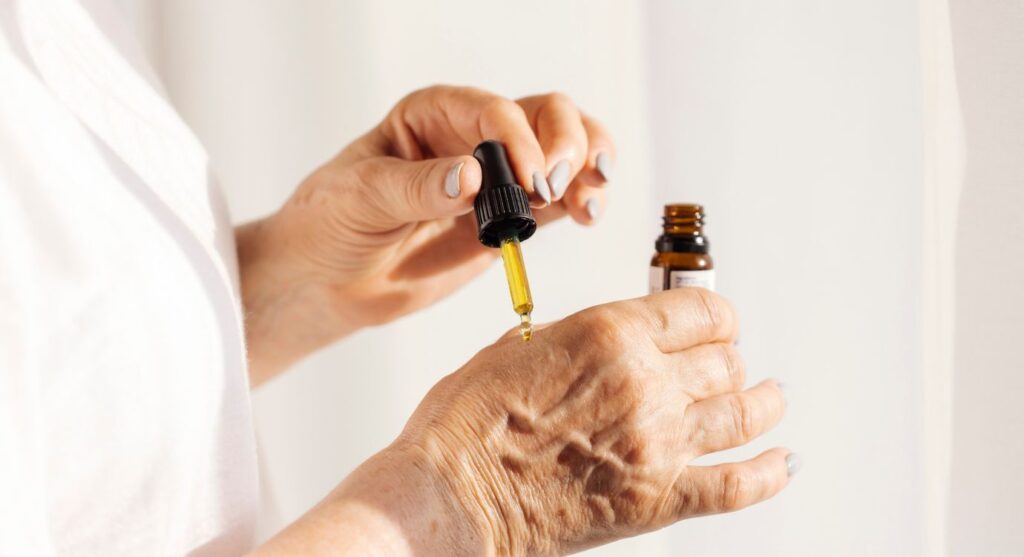

How much CBD oil should you take for Parkinson’s?
Since CBD isn’t a recognised treatment for Parkinson’s, there’s no clinical guidance for optimal CBD dosage for Parkinson’s.
What we know is that the FSA – the body regulating CBD in the UK – recommends that individuals don’t take more than 70mg of CBD per day.
As with any supplement, start low and slowly build up your dosage to a level you find comfortable and effective (without exceeding recommended upper limits).
Frequently asked questions:
Can CBD make Parkinson's worse?
How much CBD oil should I take for Parkinson’s?
There’s no specific recommended dosage for taking CBD for Parkinson’s as it’s not an approved treatment for the disease – more a supplement that can support wellness. The FSA recommends that individuals don’t take more than 70mg of CBD daily.
Which is the best CBD oil for Parkinson’s?
When weighing up which CBD oil is best for Parkinson’s, we’d advise the following:
- Broad-spectrum CBD products are generally a better choice than CBD isolate. This is because broad-spectrum products also contain beneficial plant compounds, including terpenes and flavonoids – meaning you may benefit from the entourage effect.
- While CBD is generally safe, not all CBD is created equal. Choosing a reputable CBD seller is super important, especially when consuming CBD to mitigate the symptoms of chronic or degenerative illness.
- Always ask for a certificate of analysis to confirm your CBD oil is both high quality and free from THC.
- Ensure that your CBD is organic to avoid dangerous toxins, pesticides or unnecessary contaminants.
Final thoughts on CBD oil for Parkinson’s Disease
While CBD can’t cure or be considered a treatment for Parkinson’s, our favourite cannabinoid may help alleviate some of the diverse and often debilitating symptoms associated with Parkinson’s disease.
We’ve mentioned this point before, but it’s super important – if you’re interested in trying CBD oil for Parkinson’s Disease, do consult with your doctor first. If approved, they will be able to monitor your progress and help you integrate CBD into your wellness routine.





